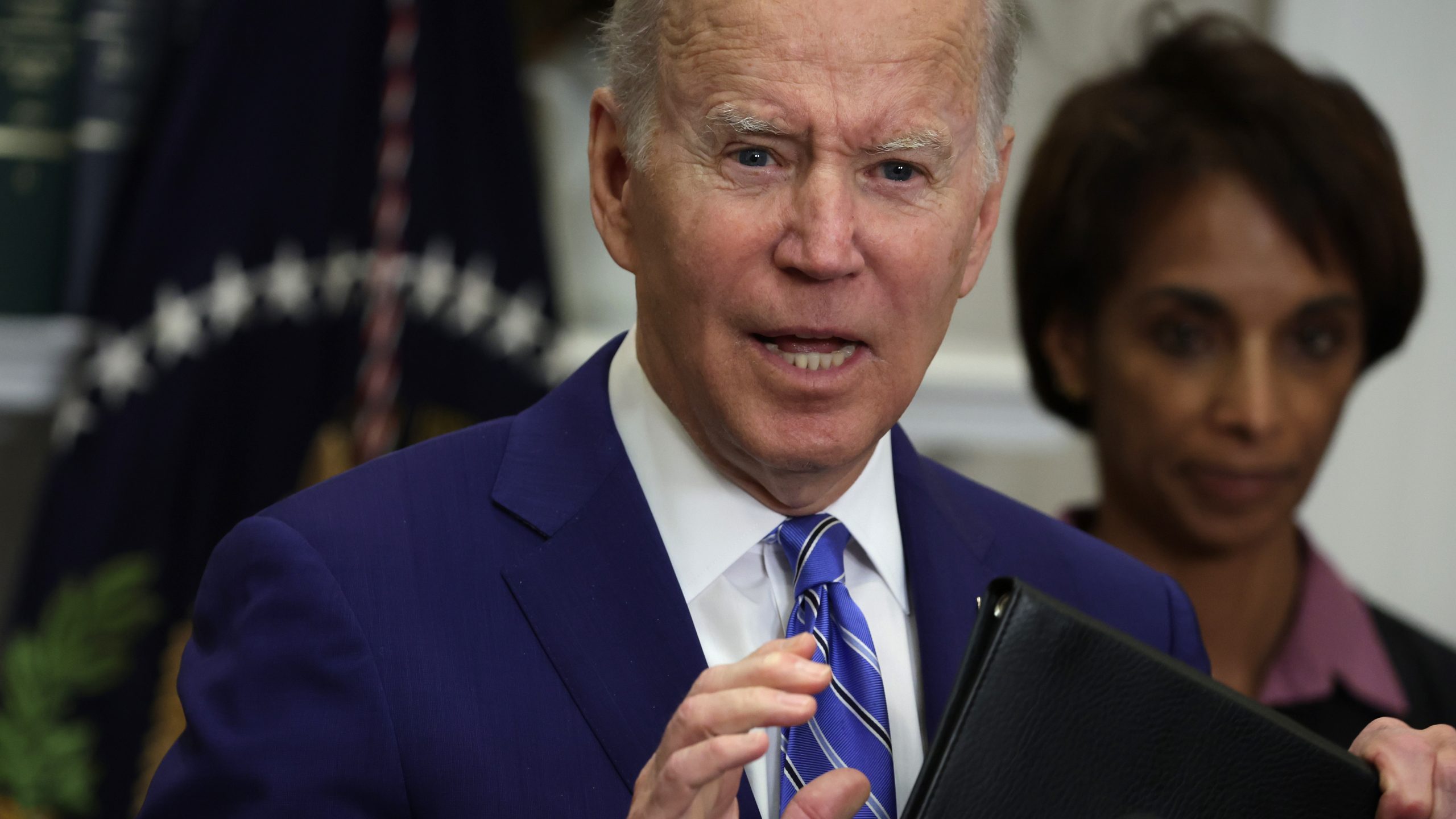In a swift legislative move, the new sanctions law on Syria, Captagon 2, progressed from the House of Representatives to the Senate and finally to the Resolute Desk in just ten days. The law became effective last Wednesday after President Joe Biden’s endorsement. This rapid alignment and execution across two legislative chambers and the White House is not only remarkable but also raises legitimate questions regarding the underlying motives. Historically, Washington’s decision-making circles, which have experienced more than three decades of unrivalled global dominance, have displayed a certain bureaucratic lethargy. This bureaucracy has grown so cumbersome that both legislators and constituents have voiced their frustrations.
While it is true that the enactment of this law coincided with emergency congressional meetings primarily aimed at approving a substantial foreign aid package for Ukraine, Israel, and Taiwan, the simultaneous approval of this new sanction regime against Damascus deserves scrutiny. The passage of the foreign aid package seemed to necessitate a ‘greasing of the wheels’ within congressional machinery due to urgent geopolitical tensions. However, the motivations for the swift passage of the sanctions law appear less clear, at least from an external viewpoint.
Reports from Washington around the time the law was adopted indicate that it was rapidly advanced following “consultations between an American legal team and the nascent Syrian opposition in the United States.” Notably, this involves two main groups: the “American Coalition for Syria” and the “Syrian American Council,” both of which have gained prominence over the past three years. This suggests a strategic American shift towards empowering the Syrian opposition that resides within its borders over the traditional opposition, which is often influenced by regional powers.
U.S. Ambassador Urges Action on Syria at Security Council Meeting
This move by Washington may also be a strategic use of timing to send a clear message in response to recent geopolitical developments, including the escalating tensions between Iran and Israel following the attack on the Iranian consulate in Damascus on April 1. These developments seem to prompt Washington to exert more economic and political pressure on Damascus. The United States appears to be positioning itself as a pivotal player, ready to leverage its influence over Syria amidst the ongoing regional instability.
The new legislation, dubbed the fourth iteration of laws crafted by Washington to reshape the Syrian state according to its interests and to accommodate the demands of its regional ally, Israel, includes a comprehensive list of individuals associated with the Syrian government. The law calls for the seizure of their assets and bans their entry into the United States. While most of these names have been previously targeted by earlier sanctions and likely lack financial assets in the U.S., a notable aspect of this legislation is its potential impact on the Syrian pharmaceutical sector. This sector has recently endured several disruptions, leading to significant price hikes for medical products, thereby burdening many Syrians. Despite these challenges, the Syrian government has maintained a stance of “neutrality” and refrained from intervening to ensure “pharmaceutical security”—a critical component of national security, arguably as vital as food security.
Washington seems uninterested in a swift resolution to the Syrian crisis. This is evident from its lack of support for the new round of “Constitutional Committee” meetings proposed by UN envoy Geir Pedersen on April 22, which included discussions about moving the negotiations from Geneva to Riyadh to overcome logistical difficulties. Pedersen’s briefing to the Security Council did not suggest any U.S. backing for these meetings. Instead, it appears that Washington’s strategy is to exacerbate the Syrian conflict to a point where the country becomes so fragmented that it would accept any solution imposed upon it. Complicating matters further, a segment of the Syrian population aligns with American objectives, viewing them as congruent with their personal aspirations, driven by narrow perspectives. They fail to see the broader implications of seeking structural changes in governance at the expense of the nation’s integrity.
This article was translated and edited by The Syrian Observer. The Syrian Observer has not verified the content of this story. Responsibility for the information and views set out in this article lies entirely with the author.


